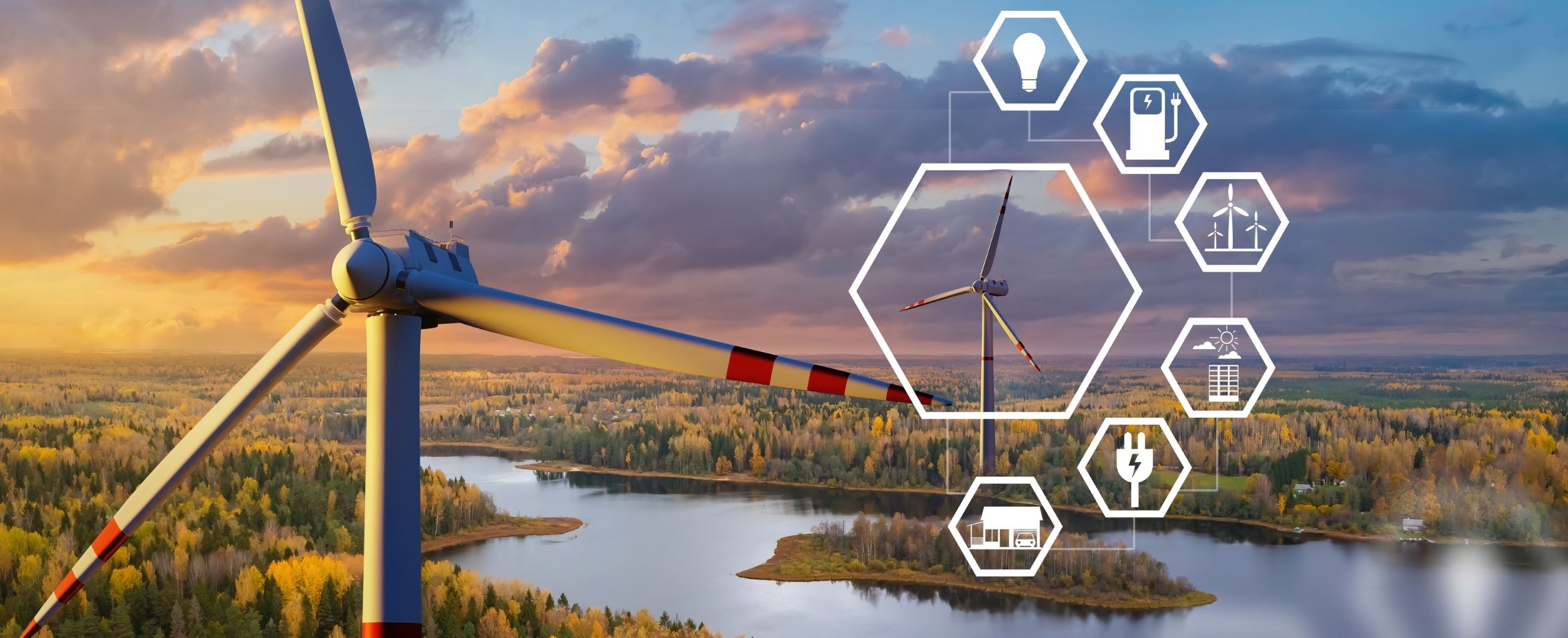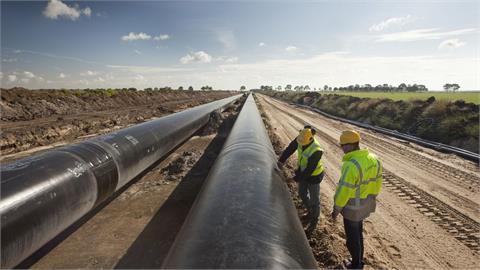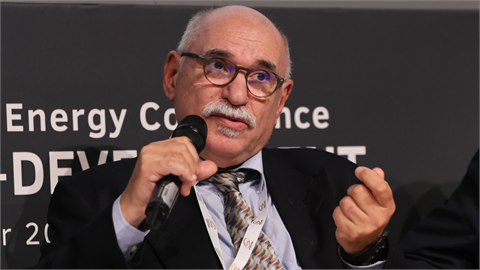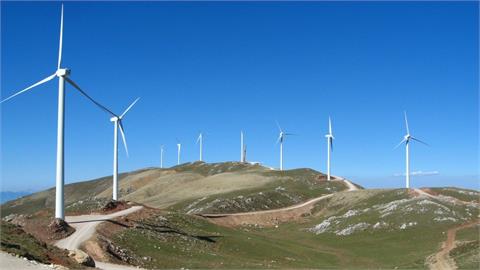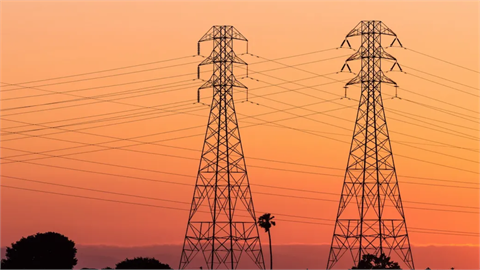With more than 200 participants from all different countries in SE Europe, and beyond, the Institute held just before Christmas a highly focused Webinar on energy security in SE Europe and the East Mediterranean
With more than 200 participants from all different countries in SE Europe, and beyond, the Institute held just before Christmas a highly focused Webinar on energy security in SE Europe and the East Mediterranean. With ten well respected and widely acclaimed speakers and panelists participating from almost all countries in the region (see here for details) the Webinar helped highlight the mounting geopolitical and security challenges which the region is facing right now.
As many speakers pointed out Europe’s energy security remains a key priority especially since the geopolitical conditions in the broader region remain highly unstable with two parallel wars in progress, the one in Ukraine and the other one, more recent, in the Gaza Strip following Hamas’s onslaught against Israel on October 7. In view of growing regional instability a number of speakers reminded the audience of the cardinal importance of energy security and its four dimensions: availability, affordability, accessibility and acceptability. There was broad agreement between the speakers and panelists that today’s strategy for energy security is based on the diversification of supplies through increased E& P of hydrocarbon resources, the greater use of renewable energy sources and the large-scale introduction of hydrogen.
The audience was reminded that energy security risks include high energy prices (oil, gas, electricity), fuel shortages, the uncoordinated transition to a net zero emission environment and chronic underinvestment in key energy supply areas. All the above appear amplified following the latest turn of events in the Gaza conflict as Israel is being hammered by Iran’s proxies in Syria, Iraq, Lebanon, Gaza and Yemen. More specifically the latest series of incidents in the Red Sea, whereby Yemen’s Houthis, over the last few weeks, have embarked on a sustained campaign of disruption of world shipping through well coordinated terrorist attacks on vessels off their coast is a keen reminder of the vulnerability of global energy trade in today’s interconnected world.
The Webinar further discussed the impact of the Houthi attacks on oil and LNG cargoes crossing the contentious zone in the Indian Ocean and the Red Sea and how these have given rise to a “ deteriorating security situation” as almost 10% of global oil and gas volumes pass through this geographical area. Although the impact on oil and gas prices has so far been limited and energy markets remain subdued, there is growing concern among market players as there are clear signs of the war zone in Israel being expanded to a much wider radius following Iran’s hardening position.
As the year comes to an end and Europe, and SEE in particular,finds itself positioned between two war zones, the issue of energy security is gaining traction. In view of growing regional geopolitical instability a number speakers expressed concern on the need to strengthen energy security provisions, a view however which is not shared by many governments as they keep prioritising climate change considerations and the scaling up of electricity use without the necessary foresight of securing base loads which can only be provided by thermal power generation ( coal,natural gas and nuclear)
